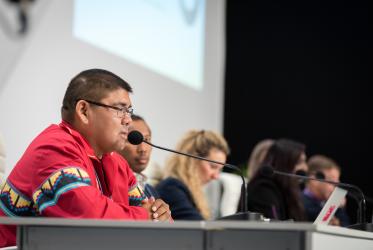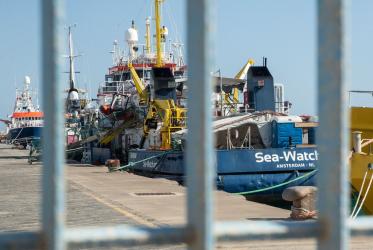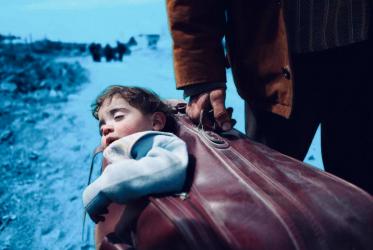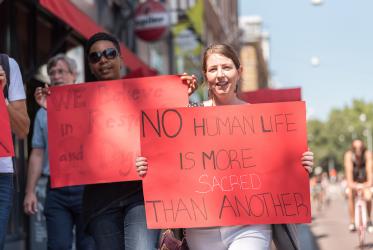Displaying 21 - 40 of 77
22 - 28 February 2021
CCIA meets in Brisbane with focus on Pacific regional priorities
19 February 2020
“See humans as part of creation” in addressing climate emergency
06 December 2019
Learning exchange focuses on human rights among indigenous people
06 December 2018
WCC Executive Committee envisions future for one ecumenical movement
08 November 2018
WCC executive committee tackles public issues
07 November 2018
“Arusha Call to Discipleship” issued
13 March 2018
Forum strengthens ecumenical commitment to diakonia
12 October 2017
Religion meets science in forum at WCC
09 August 2017
Ecumenical Patriarch visits WCC
24 April 2017












